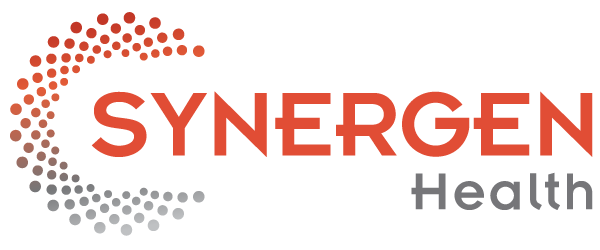
Claim denials are on the rise, according to a recent AHA report, with 89% of surveyed hospitals and health systems having experienced an increase in the past few years. With the lack of payer reimbursements, providers have to recover the cost of care from patients, which results in a “surprise” or unexpected bill.
A crucial element of reducing surprise bills is addressing denial causes, as denials can obscure practices from providing a seamless patient financial experience while at the same time creating a revenue gap for providers. The impact of a denial may not fully be understood until you determine the root cause. Denial avoidance improves the patient experience, practice efficiency while also reducing your time to cash.
Here are two ways to reduce denials and the chances of a surprise bill for patients.
-
Machine Learning
If the practice deals with a large volume of claims or if claims typically contain multiple CPTs, diagnosis codes, etc., providers may not be able to identify denial patterns by simply creating a pivot table on a spreadsheet. Using machine learning techniques enables the practice to identify complex patterns and automatically make sense of why their claims are getting denied – ultimately improving the efficiency of the practice.
-
Improved Workflow Management
A proficient workflow management system should enable staff working on denials to organize their work in a meaningful manner and be able to customize the workflow rules (grouping by denial codes, payers, etc.). The execution of the fixes through the system (i.e., rebilling claims with corrections) should be facilitated with the least number of steps. Additionally, the workflow management system must enable tracking of the fixes executed, by means of logging notes at a visit level so that when the time is right, any unpaid claim can be further reviewed.
The system should provide the necessary analytics (or be able to integrate with an analytics tool), so that the success rates of the fixes can be evaluated periodically. By understanding the attributes common to denials, practices know how to fix them and improve workflow processes in the future to reduce the chances of denials occurring.
To find out how SYNERGEN Health can help improve your revenue cycle efficiencies for an improved patient financial experience, visit us here: https://www.synergenhealth.com/revenue-cycle-solutions/revenue-cycle-transformation

